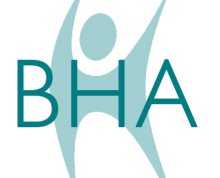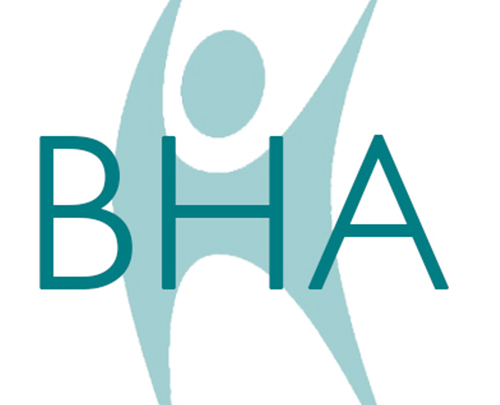
On Thursday 14 April, Year 11 Theology and Philosophy pupils had a special guest visitor: Mr Jon Fable of the British Humanist Association. Jon visited Shiplake College to discuss with the pupils during their lesson to discuss his beliefs, and offer the GCSE pupils the opportunity to critically engage with opposing, predominantly atheist beliefs and post difficult, thoughtful questions.
A humanist looks to science, rather than religion, as the best way to discover and understand the world. They believe that people think for themselves about what is right and wrong, based on reason and respect for others, and find meaning, beauty and joy in the human life without a need for an afterlife. It is important for GCSE pupils to have the ability to argue from a range of religious and non-religious perspectives, and so having Jon with the pupils to offer another, vastly different, point of view was highly insightful for the class. Prior to the visit, pupils had prepared pertinent and challenging questions that were linked to the curriculum, such as if there is just one life, does that mean that people will live recklessly and selfishly, and where do we get a sense of morality from, if not from God? The conversation was stimulating and thought-provoking, giving pupils an insight into humanist beliefs and practices in everyday life, and allowed them the chance to personally reflect on whether they agreed or disagreed on the information given.
The group also watched interesting animated videos voiced by Stephen Fry, which looked at the meaning of life if it doesn’t come from a deity. By the end of the session there were certainly reinforced beliefs- but also new or previously unconsidered perspectives. Head of Theology and Philosophy Miss Elizabeth Morgan commented that the ‘visit was very successful and useful, and I’m grateful to Jon for taking the time to come in and discuss a predominantly atheist viewpoint with the class. It opened up a range of discussion points and challenged opinions, encouraging wider thinking.’

.jpg/ShiplakeAchievesTop10%inBebras(1)__500x500.jpg&command_2=resize&height_2=85)


















